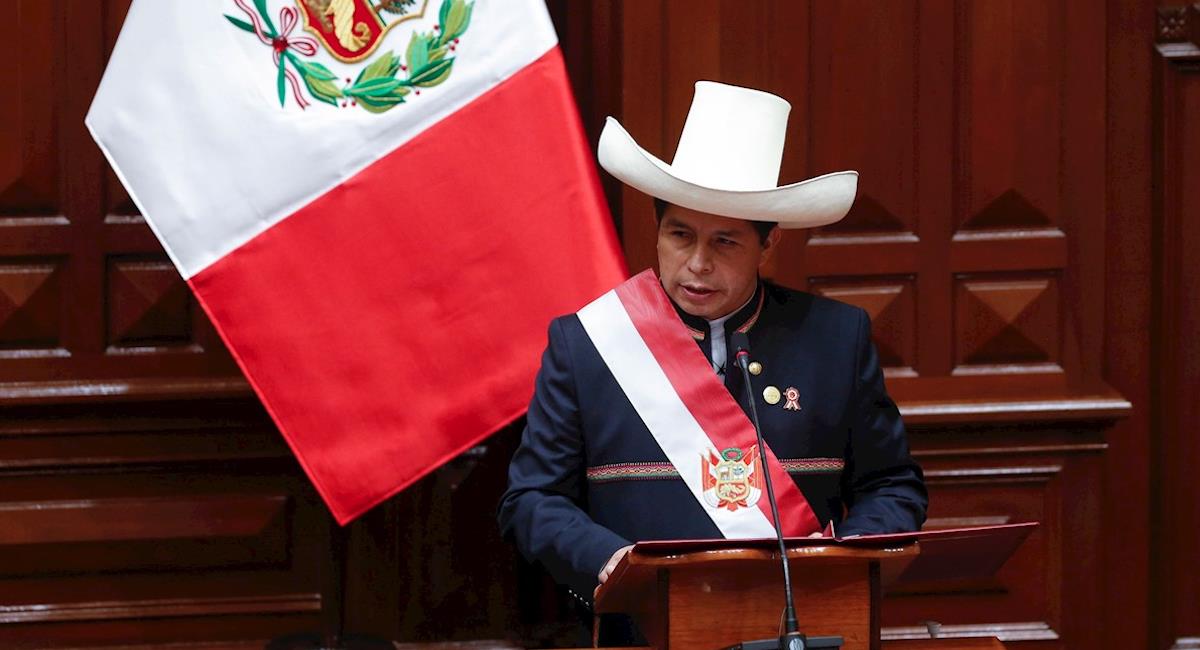RIO DE JANEIRO, BRAZIL – Peru’s government proposed on April 16 to apply chemical castration to rapists after the outrage on April 12 of a three-year-old girl that shocked the country during the beginning of Easter Week.
President Pedro Castillo said that chemical castration “is an option, we cannot wait any longer for” and indicated that the country must adopt “more severe State public policies that safeguard the human rights of the most defenseless who are our children.”
“This government will not tolerate crimes of sexual violence against children, nor will they go unpunished. The pain of this family is also ours,” the president said.

The government indicated that its proposal of chemical castration would be for all rapists of minors, adolescents, and women, “as it is already done in other countries of the world”.
He indicated that the viability of this measure should be included in the Penal Code and that it will need the approval of the Congress for its legality, “as it has already been done in countries such as Russia, the United States (seven states), Poland, South Korea, Indonesia, and Moldova, where it is already applied”.
He recalled that “chemical castration consists of administering drugs that reduce libido and inhibit sexual desire. It is applied as a prevention method against sexual aggression and as a punishment for those who commit crimes of this nature”.
The kidnapping followed by the rape of a three-year-old girl occurred on April 12 in Chiclayo, a coastal city in northern Peru. Police captured the rapist on April 13 and later found the little girl tied up with duct tape in a house where she was being held.
On April 14, hundreds protested in the streets of Lima and Chiclayo, calling for the punishment of the accused, a 48-year-old man. Under a new 2018 law, rapists of children under 14 receive life imprisonment.
In 2021, some 1,700 girls aged between 12 and 17 became mothers, according to the Online Live Birth Certificate Registration System. Seventy-five percent of cases of children under 15 were rapes, and in the case of children under 14, almost 100% were sexual outrages.

